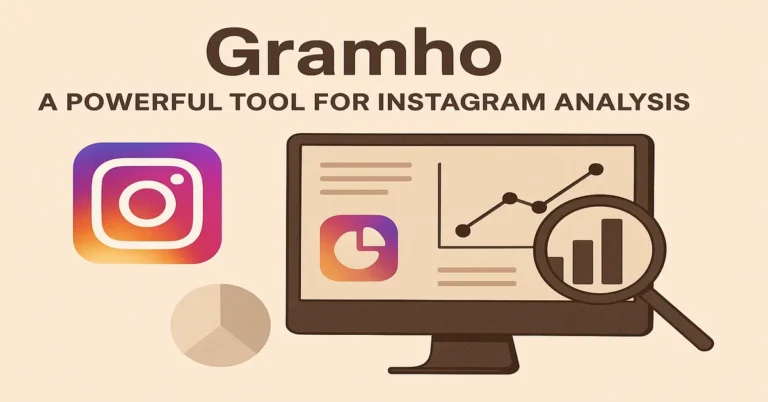Drive Social Media Pyramid Scheme: How to Spot Online Scams
Social media platforms are designed to connect, inform, and entertain. But not everything shared on these platforms is safe or credible. One increasingly deceptive form of online manipulation is the drive social media pyramid scheme. These schemes often appear as legit business opportunities and trick users into recruiting others under the guise of entrepreneurship.
Table of Contents
- What Is a Pyramid Scheme?
- How Social Media Drives Pyramid Schemes
- Drive Social Media Pyramid Scheme Explained
- Pyramid Schemes vs. Legitimate MLMs
- Warning Signs to Watch For
- Psychological Tactics Used in Pyramid Schemes
- Legal Perspective on Online Pyramid Schemes
- Role of Influencers in Spreading Pyramid Schemes
- How to Protect Yourself and Others
- Table: Key Differences Between Pyramid Schemes and MLMs
- Conclusion
- Frequently Asked Questions
What Is a Pyramid Scheme?
A pyramid scheme is a business model that recruits members by promising payments or services in return for enrolling others into the scheme, rather than supplying investments or sale of products. It’s an unsustainable model where only the top tier profits while others lose money.
How Social Media Drives Pyramid Schemes
Social media serves as a perfect breeding ground for pyramid schemes. It offers:
- Broad reach to large audiences
- Quick sharing and reposting features
- A place to fake credibility through curated lifestyles
- Opportunities to recruit via direct messaging or group invites
Many scammers use Instagram, Facebook, and TikTok to display a glamorous lifestyle funded by “success,” convincing viewers to join the scheme.
Drive Social Media Pyramid Scheme Explained
The term drive social media pyramid scheme reflects how these scams have evolved. Rather than door-to-door pitches or cold calls, the digital world lets fraudsters:
- Use engagement bait and trendy content to gain followers
- Post testimonials or fake earnings
- Promise mentorship or passive income with “minimal work”
They often drive traffic to a website or funnel users into a private group, then pressure them into buying expensive startup kits or membership fees.
Pyramid Schemes vs. Legitimate MLMs
While both rely on network-based marketing, not all multi-level marketing (MLM) companies are pyramid schemes.
A legitimate MLM:
- Offers actual products or services
- Emphasizes sales over recruitment
- Complies with regulations and transparent pay structures
A pyramid scheme:
- Prioritizes recruitment over product
- Requires upfront payment for joining
- Pays based on the number of people recruited
Warning Signs to Watch For
Be cautious if you notice these red flags:
- Earnings dependent on recruitment
- Vague product or no product at all
- High initial investment or starter kit
- Push for secrecy or exclusivity
- Over-the-top income claims
- Limited customer base outside the network
Psychological Tactics Used in Pyramid Schemes
Pyramid schemes thrive on emotional and psychological manipulation. Common tactics include:
- FOMO (fear of missing out)
- Social proof through fake testimonials
- Promises of financial freedom
- Love bombing or peer pressure
- False urgency (“Only 3 spots left!”)
Legal Perspective on Online Pyramid Schemes
Governments and regulatory bodies have begun cracking down on digital pyramid schemes. In many countries:
- Pyramid schemes are illegal
- Promoting or recruiting can lead to legal consequences
- Influencers who promote scams may be prosecuted
Authorities recommend reporting suspicious online recruitment activity to local consumer protection agencies.
Role of Influencers in Spreading Pyramid Schemes
Influencers have powerful reach. Some knowingly or unknowingly promote schemes that they’ve been recruited into.
They may:
- Share sponsored content without disclosure
- Flaunt luxury items obtained through recruitment
- Convince followers to join for exclusive access or mentorship
This creates a cycle where trust is exploited for financial gain.
How to Protect Yourself and Others
Here are steps to stay safe:
- Research before investing in any program
- Ask direct questions about compensation models
- Read reviews and independent articles
- Report suspicious accounts to the platform
- Educate others on how scams work
Remember, if it sounds too good to be true, it probably is.
Table: Key Differences Between Pyramid Schemes and MLMs
| Feature | Pyramid Scheme | Legitimate MLM |
| Focus | Recruitment | Product sales |
| Income Source | Downline recruitment fees | Product/service commissions |
| Legality | Illegal in many regions | Legal with regulation compliance |
| Product Offering | Often nonexistent or overpriced | Tangible, market-driven products |
| Sustainability | Unsustainable | Viable if sales-based |
| Transparency | Poor | Clear compensation disclosures |
Conclusion
Understanding the dangers behind the drive social media pyramid scheme is crucial in a digital age where appearance often overshadows reality. Social media has empowered scammers to adapt and disguise pyramid models as legitimate entrepreneurial ventures. However, armed with awareness and critical thinking, users can avoid falling victim to these online traps. Stay informed, do your research, and help others recognize the warning signs. Education is your best defense.
Frequently Asked Questions
What is the drive social media pyramid scheme?
It refers to modern pyramid schemes that operate primarily through social media platforms, using them to recruit members and disguise scams as business opportunities.
How can I identify a social media pyramid scheme?
Look for high entry costs, vague product details, earnings from recruitment, and too-good-to-be-true promises.
Are all MLMs pyramid schemes?
No. While similar in structure, MLMs sell actual products and prioritize retail sales, unlike pyramid schemes which focus on recruiting.
Can I report someone promoting a pyramid scheme?
Yes. You can report to consumer protection agencies or directly through social media platforms.
What should I do if I joined a pyramid scheme?
Stop investing, report the scheme, and consider legal consultation to recover funds.







